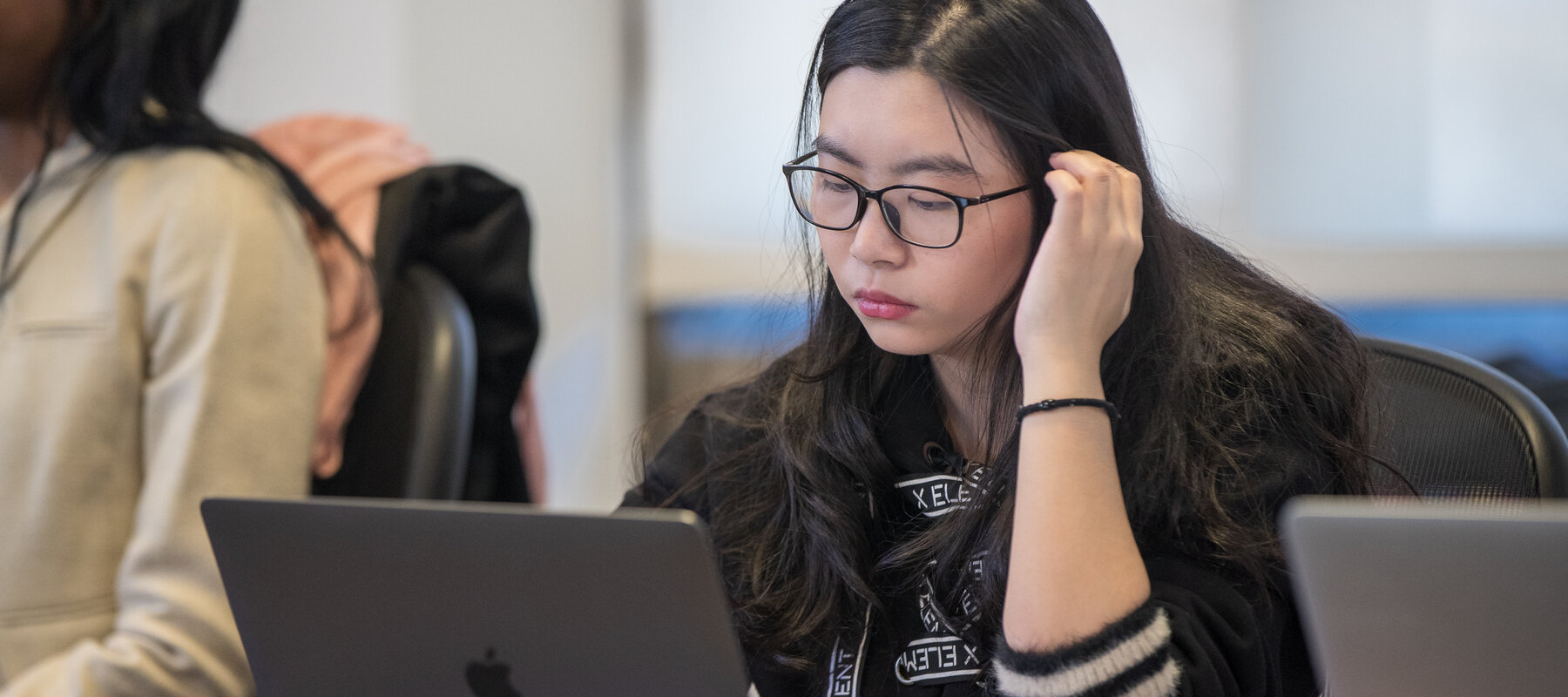As Lehigh transitions to online learning, faculty and staff are exploring new ways to utilize technology in order to enhance students’ educational experience. One of these ways is COIL, or collaborative online international learning.
It’s an initiative where professors in different countries collaborate in order to develop and teach a joint thematic unit within their courses via the virtual environment. A COIL can involve two similar courses in the same discipline (e.g., two Mathematics courses) or two complementary from different disciplines (e.g., an urban geography course and an architectural engineering course).
Mark Ouellette, the director of the International Center for Academic and Professional English, said that COIL can look different from class to class, depending on the professors’ goals for the class and on potential logistical limitations.
For example, a COIL class may be synchronous, with a class in the United States Zooming with a class in Spain, engaging in joint discussions. A COIL class could also involve professors from an African university guest lecturing an Africana studies class at Lehigh. COIL could also take the form of collaborative work outside the classroom, where students are paired with international peers and individually schedule times to meet virtually and work on problem sets or group projects together for an engineering course. Or, there can be some combination of these and other options for virtual engagement.
Lehigh’s COIL pilot, which took place in spring 2020, consisted of recorded lectures sent back and forth with a university in Kazakhstan, along with asynchronous discussions and virtual group projects. This trial lasted eight weeks and involved a first-year English class at Lehigh partnered with a student English club at Miras University in Shymkent.
Today, universities are showing an increased interest in COIL due to the increase in online learning, restricted travel and visa denials brought on by COVID-19.
“The original purpose of COIL 25 years ago was not to address these problems,” Ouellette said. “It was to facilitate global perspectives on disciplinary content and enhance global learning in the classroom as well as encourage globally-minded research for faculty.”
However, the silver lining of the pandemic is clear in the context of COIL: It highlighted the need for virtual communication, as well as the need to collaboratively incorporate global perspectives in order to tackle large-scale world problems that impact us all.
“COIL pushes our traditional ways of teaching and learning into the 21st century,” Ouellette said.
A workshop held in July gauged interest from Lehigh faculty members and provided a space for them to share concerns.
For professors, these concerns include dealing with time zones, language barriers and cultural differences. Students, on the other hand, are typically concerned about the time commitment outside of the classroom that is required in order for them to engage with the teacher and other students virtually. Internet connection and access to a private work space are also common worries.
While it is crucial for these concerns to be addressed before a professor involves their class in a COIL, Ouellette said the benefits for students and faculty alike outweigh costs.
For example, students are offered a global learning experience through meaningful engagement with others whose world view and skill sets are different from their own. In addition, faculty are given the opportunity to expand their teaching skills to incorporate innovative technologies and potentially engage in globally-minded research.
With the majority of Lehigh’s classes online in the fall, Ouellette predicts that professors will inevitably start utilizing some small-scale versions of COIL practices without realizing they are doing so.
“I don’t want to sell people that don’t want [COIL] or don’t think it’s valuable,” Ouellette said. “My message is that it’s an opportunity to open up new possibilities for students and faculty, especially in these times of limited mobility and global learning.”
